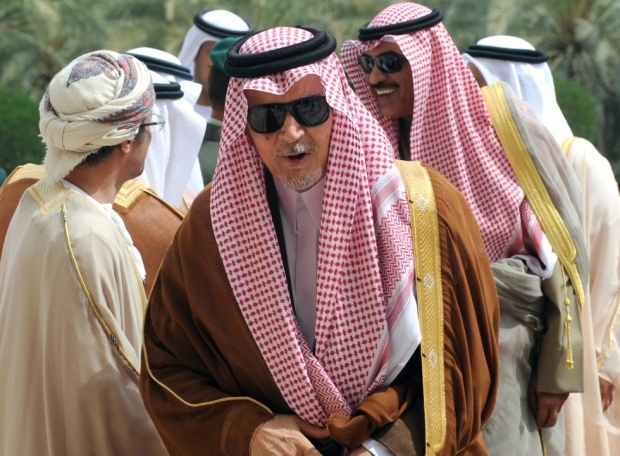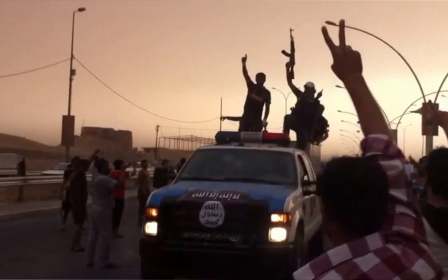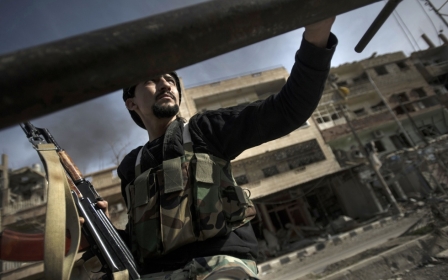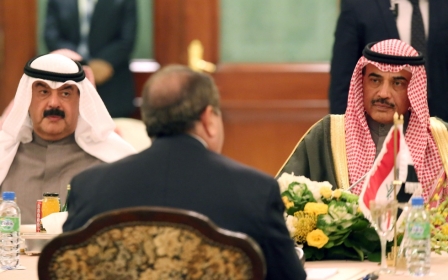Saudi Arabia, UAE blast Iraqi 'sectarian' policies

Saudi Arabia warned Wednesday of the risks of a civil war in Iraq with unpredictable consequences for the region, renewing accusations that "sectarian policies of exclusion" of Iraq's Sunni Arab minority implemented by Prime Minister Nuri al-Maliki's government were responsible for the violence.
The unrest "carries warning signs of a civil war with unpredictable consequences for the region," Foreign Minister Prince Saud al-Faisal said at the opening of an Islamic bloc meeting in the Red Sea city of Jeddah.
This paved the way for countries with "bad intentions" towards Iraq "to go ahead with plots threatening its security, stability, national unity and sense of Arab identity," he said.
His remarks came as the UAE foreign ministry in a statement also voiced "serious concern" about "exclusionary and sectarian policies that marginalise essential components of the Iraqi people," in reference to the Arab Sunni minority.
The United Arab Emirates said Wednesday it had recalled its ambassador to Iraq for "consultations".
The Iraqi government has accused Saudi Arabia of financing the militants.
"We hold (Saudi Arabia) responsible for what these groups are receiving in terms of financial and moral support," it said, accusing Riyadh of "siding with terrorism".
Iraq was represented at the meeting of the 57-nation Organisation of Islamic Cooperation by Foreign Minister Hoshyar Zebari, a Sunni Kurd.
He discussed "regional developments" with the Saudi deputy crown prince, Moqren bin Abdul Aziz, on the sideline of the meeting, the official SPA news agency reported.
Prince Saud said the three-year-old civil war in neighbouring Syria had helped create the climate for internal unrest in Iraq.
He said that conflict, which has killed more than 160,000 people, had "taken a turn to the worse" following the breakdown of UN-brokered peace talks in Geneva in February.
Saudi Arabia, which supports some Sunni-led rebels in Syria, has blamed the Tehran-backed Damascus government for the collapse of the talks.
Their failure led to an "escalation in the violence and genocide carried out by the Syrian regime against its own people" and "diminished chances for a political solution," Prince Saud said.
Last week Kuwaiti Foreign Ministry Undersecretary Khaled Al-Jarallah warned against the rising danger posed to the Middle East region by ISIL, calling for stepped-up regional security cooperation for countering this organization.
He called on member states in the Gulf Cooperation Council needed to conduct more security coordination in this regard.
Al-Jarallah said the militant organization does not only target Kuwait, but also all other countries in the region.
New MEE newsletter: Jerusalem Dispatch
Sign up to get the latest insights and analysis on Israel-Palestine, alongside Turkey Unpacked and other MEE newsletters
Middle East Eye delivers independent and unrivalled coverage and analysis of the Middle East, North Africa and beyond. To learn more about republishing this content and the associated fees, please fill out this form. More about MEE can be found here.




